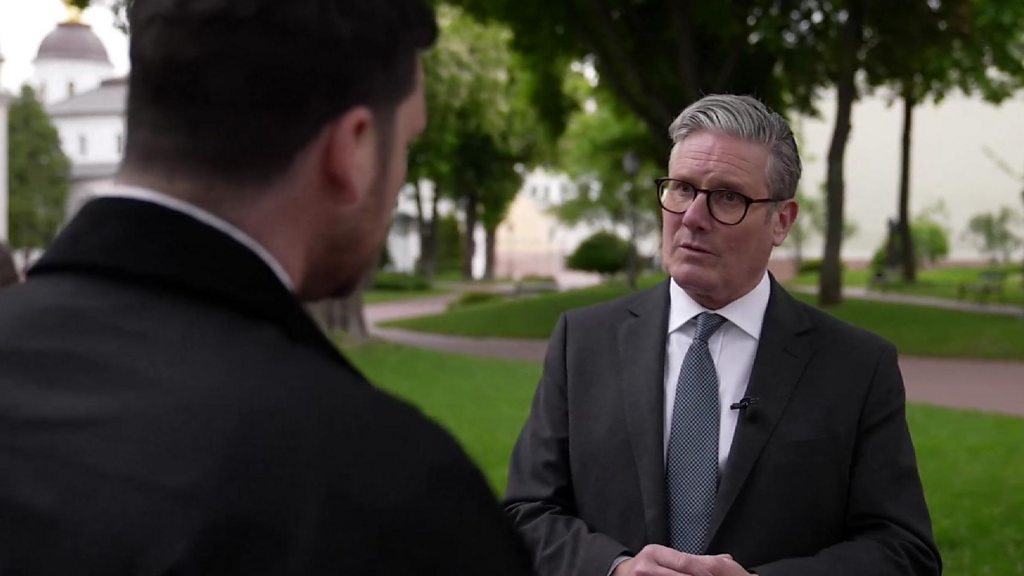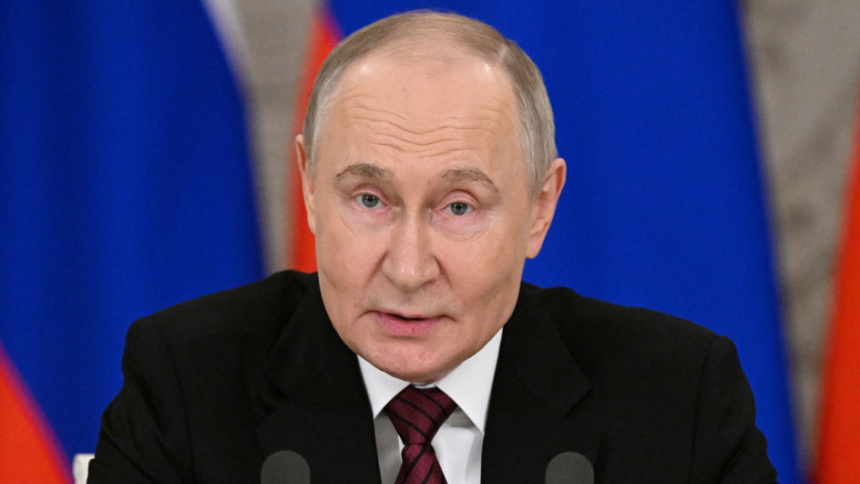Vladimir Putin’s recent proposal for direct talks with Ukraine has raised significant questions regarding Russia’s approach to peace and its broader strategy in the ongoing conflict. As European leaders set an ultimatum demanding a 30-day unconditional ceasefire, Putin’s response—offering talks without committing to a ceasefire—has been met with mixed reactions. Is this a genuine effort to bring peace, or a calculated move to split Western powers supporting Ukraine?
Putin’s Response to European Ultimatums: A Step Toward Peace?
European leaders, including UK Prime Minister Sir Keir Starmer and French President Emmanuel Macron, have demanded an immediate ceasefire from Russia, warning of additional sanctions and military aid to Ukraine if Moscow does not comply. This ultimatum has clearly angered the Russian president, who has long been wary of Western pressure. Putin’s counteroffer? Direct talks with Ukraine, scheduled to take place in Istanbul next Thursday, but with no immediate ceasefire.

Does Putin Want Peace? Insights into Russia’s Strategic Goals
The key question remains: does Vladimir Putin truly seek peace? His actions suggest otherwise, especially given Russia’s current advantage on the battlefield. However, by proposing talks, Putin signals to the West, particularly to the US, that Russia is willing to negotiate. This move seems aimed at maintaining positive relations with the Trump administration, which has worked on improving ties with Moscow.
Dividing the Western Coalition: A Potential Strategy?
Many analysts believe that by rejecting an unconditional ceasefire, Putin is prolonging the war and pushing to expand Russian control over more Ukrainian territory. However, his offer of peace talks could also serve to divide the US and European leaders, weakening the unified stance against Russia. While Trump has praised Putin’s initiative, European leaders remain skeptical, with Macron stressing that an unconditional ceasefire cannot precede negotiations.
What’s Next for Russia and Ukraine? A Complex Diplomatic Landscape
For Ukraine, Putin’s proposal lacks credibility, given the Kremlin’s actions since the 2022 invasion. Kyiv has rejected similar ceasefire offers in the past, seeing them as symbolic and not grounded in serious intent. With ongoing military operations and continued pressure on Kyiv, the true intent behind Putin’s offer remains unclear. Meanwhile, the West faces a difficult decision: should they push for a ceasefire, or continue applying pressure on Russia to force meaningful negotiations?
Conclusion: Is Putin’s Offer Genuine, or a Tactic to Delay Peace?
Putin’s call for talks without a ceasefire is more than just a diplomatic maneuver—it’s a key part of Russia’s broader strategy to divide Western allies and delay a resolution to the conflict. As the situation continues to evolve, the international community must remain vigilant in assessing Moscow’s true intentions and the long-term impact on Ukraine’s sovereignty and global security.


For further details on the evolving situation in Ukraine, you can refer to these external authoritative sources:
For related insights, check out our previous article on the Ukraine-Russia ceasefire.









